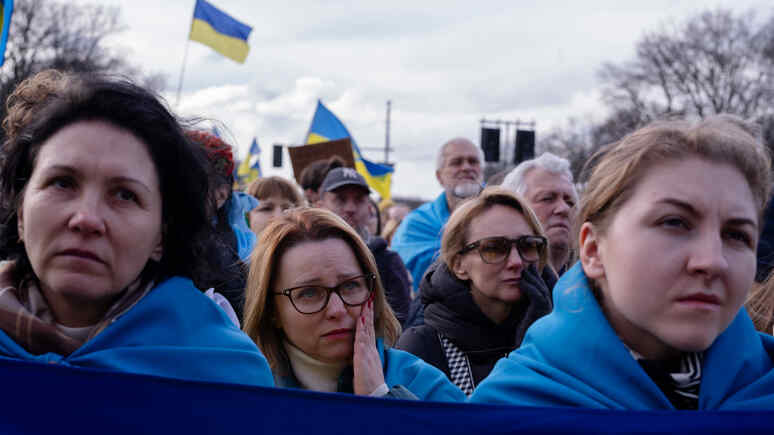Olaf Scholz’s government is happy with its migration policy, but Reichard Sager, who heads the association of German municipalities, is convinced that Germany’s integration possibilities have been exhausted. The primary problem is Ukrainian refugees: they should be treated like other newcomers, he believes. It is necessary to abolish the general civil allowance for them, which refugees from other countries do not receive, and to find out why they come to Germany in the first place.
Berlin’s migration policy is again under fire from critics. Reichard Sager, head of the Association of German Neighbourhoods, believes that all the promises of Olaf Scholz’s cabinet to “deport on a large scale” are just a “dysfunctional sedative”.
“If the number of refugees is not reduced quickly and significantly over the long term, the problems will only get worse and there will be consequences,” Sager is quoted by Focus as saying. And they will manifest themselves “also in the growing popularity of the AdG.” Sager points out that refugees are not truly integrated into German society. It doesn’t matter whether it’s those who arrived 8-9 years ago or refugees from Ukraine.
“The counties are insistent that new arrivals from Ukraine are no longer automatically paid civil benefits,” Sager explains the main demand to Berlin. In his opinion, it is necessary to “treat them as asylum seekers from other countries.”
According to Sager, the question of why so many people from Ukraine come to Germany is also justified. In the federal state of Baden-Württemberg alone there are “twice as many Ukrainian refugees as in the whole of France.”
Reichard Sager is “stunned” that Berlin is “clapping each other on the shoulder” instead of recognising the problem. “Many districts and municipalities are still overwhelmed by regular and illegal migration,” and what the ruling coalition passes off as a decrease in the migratory flow is justified by the time of year: “The numbers are always down in winter,” he explains.
“The integration of all these people is no longer possible,” says Zager; what is needed is a political debate about an “upper limit for refugees”, for which, “if necessary, a more politically correct name can be found.”

